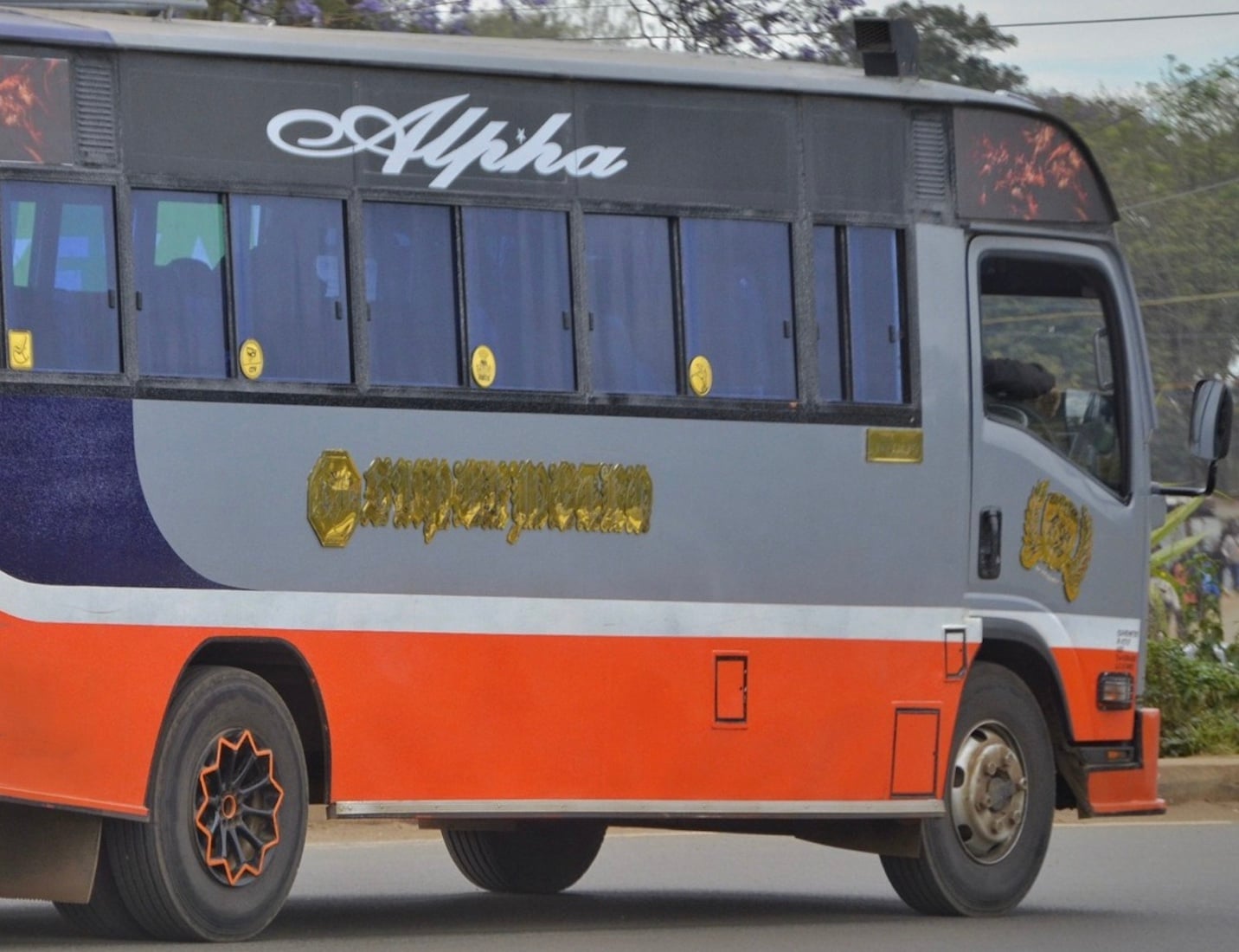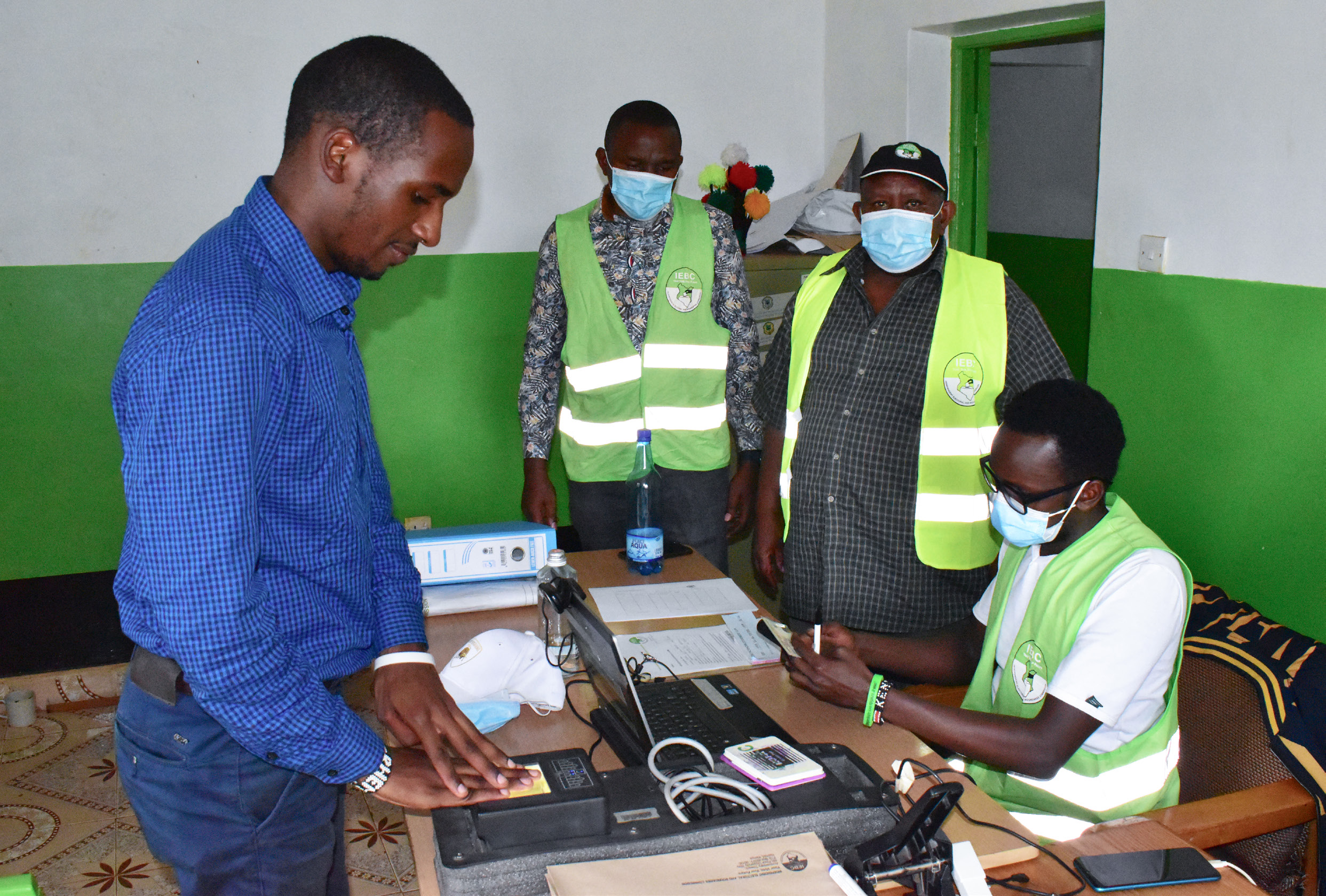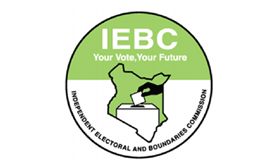PASTOR ANN NGINYA: Transforming Vulnerable Women’s Lives
Pastor Ann Nginya is transforming the lives of susceptible single women, widows and other vulnerable women by empowering them with skills to enable them earn a living and be
Pastor Ann Nginya is transforming the lives of susceptible single women, widows and other vulnerable women by empowering them with skills to enable them earn a living and be independent. She shares with MWAURA MUIGANA about her transforming ministry.
As a young girl, Pastor Ann Nginya had a heart for the less fortunate. Whenever her parent’s did some shopping, she would donate some to the poor. Little did she know that this habit that sprouted from her parents’ home in Nairobi’s Karen area would one day grow into an organisation reaching out to many.
Today she runs Badili Centre, an organisation that trains vulnerable women in various skills to help them earn a living.
Living up to the centre’s name Badili (Swahili for transform), today she has reached out to many single mother families from Nairobi’s Kibera and other informal settlements. The centre supports these women by offering them Bible study, adult literacy classes, and also training them on the art of making beadwork and other money making skills. From a humble beginning using the Nairobi Pentecostal Church (NPC) Woodley
Church hall as a training venue, Badili Centre has now grown into an international organization. It has developed a training manual, Financial Freedom for Vulnerable Women Across Africa, which is being adopted in universities as a practical manual to teach trainers of trainers.
Possibly loosing her mum to sickness at an early age made her have a special place for women in her heart. For the longest time, this loss caused her a lot of pain, confusion and even depression. After graduating with a degree in sociology and politics from the Catholic University of Eastern Africa in 2005, her dad recommended she studies for a Masters degree in Human Resource. However, she felt compelled to serve God and instead proceeded to pursue a Masters degree in Pastoral Studies at the African International University in Nairobi.
“A number of people discouraged me from doing pastoral studies wondering how it would benefit me. But I felt it was my calling
and destiny. During the intense programme, the course answered many of the questions and confusion I had about life, and especially the demise of my mother. It provided healing for me,” she explains.
After graduating in 2008, she volunteered in the children’s department at the NPC Karen and a year later was employed as a children’s pastor at NPC Woodley. The tea girl at the church at the time, the late Jacinta, would frequent Ann’s office and share with her some of the problems she faced as a single mother of two. Ann was compelled to help her.“Jacinta’s plight represented the plight of vulnerable women from poor backgrounds, who were the bulk of those who came to our church, most of the times to seek handouts. I always felt the need to do more for them than just donate money and food. And so I purposed to reach out to them to holistically address their needs,” she explains the genesis of her work with vulnerable women.
She one day sent Jacinta to her abode in Kibera slums with a questionnaire to be filled by single women, widows and other vulnerable women. The questionnaire tried to establish what kind of life skills they wished to train in to help forestall poverty. Twenty responded requesting to be trained in skills such as beadwork and embroidery. Though she didn’t have much savings, Ann was determined to empower these women.
Armed with a lot of hope, she resigned from her job in March 2010 ready for the new undertaking. She registered Badili Centre using all her savings and started training the women who had expressed a need to be trained in the questionnaire. Soon the money ran out and she couldn’t even hire a training room. She was overjoyed when NPC Woodley honoured her request to use their hall to train the women on Sundays after the church service. The sessions began with counseling to give the women hope since most of them had lost hope in life. They would thereafter learn beadwork and handcraft making and other skills.
The centre initially had no proper structures and Ann worked as the manager, trainer and counsellor among other responsibilities she held. “It was very strenuous but God gave me grace to do it because I don’t recall feeling overwhelmed or getting a burnout. Often people would think I was crazy because I had a Masters degree and could get a proper job. Furthermore, I didn’t rely on my father to finance my project since it was my dream,” she says.
In appreciation for the free services she provided the women, her landlord asked her to be paying rent only when she could afford to. Some of her friends were also impressed with her work and donated clothes and foodstuffs to be distributed to the 20 women in her initial programme. This inspired her to continue even when faced with challenges.
The women’s enthusiasm at learning a skill to earn a living was overwhelming. Three months down the line, she realised she could no longer counsel and train them alone. She recruited her friend and mentor, Monica Kibor, who was then a Sunday school teacher at NPC Woodley to counsel and train the women in various entrepreneurial skills. The training expanded to include practical courses such as sewing, baking, tapestry, soap, yoghurt, peanut butter and butter making.
Help comes our way…
“We had no funding for the training in the initial stages and spent from our pockets, while supplementing this with the little money we made from selling the items made by the women. We also worked with volunteers to help in the training programmes,” recalls Ann.
The first group of 20 women graduated in November 2010 after eight months of training. They were issued with certificates during a very emotional graduation ceremony, and thereafter began individual small businesses or got employment. Their lives changed markedly and this inspired others to go through the training.
Badili Centre was inspired to expand the training to women further afield. They organised the second training in Rongai in Kajiado District. The beneficiaries were members of different self-help groups. This time they got an even higher number of women and were more successful. Along the way more volunteers enlisted and were trained as teachers. This group graduated in September 2011.
The centre was requested to introduce the training in Nairobi’s Satellite and Kawangware neighborhoods.
It carried out two major trainings in this area, accommodating groups of close to two hundred women in each. This success saw Ann being invited to conferences to share about her work with the vulnerable women. In 2010 she was invited to a major conference organised by Church Mission Society (CMS) whose theme was holistic transformation of communities. “I shared the work I was doing and this generated a great interest. CMS started giving loans to the women who had gone through the training to invest in their businesses. This was a major boost to the programme,” says Ann.
CMS also helped to publish the training manual the centre uses, Financial Freedom for Vulnerable Women Across Africa. Ann wrote the manual, which consists of nine courses. These include two self-development courses to help women discover themselves by changing their mindset and attitude, understand their responsibility in managing their own personal development and career growth, develop good financial management practices through business planning and record keeping, marketing and selling. There is one course devoted to personal health and a section on how women can contribute meaningfully in community transformation.
During the CMS conference, a pastor from Ethiopia was impressed by this model of training of poor women and requested Ann to extend the programme to women in her country. In July 2011 CMS sponsored her with a return air ticket to Addis Ababa. She trained 69 women and one man at Kolfe Kale Hiwot Church in Addis Ababa, marking her organisation’s first training outside Kenya. Soon after, she was invited to train women in Wonderful Chapel slum in Lagos, Nigeria, where she trained about about 50 women.
Badili Centre could not cope with the expanded training without more trainers and therefore partnered with CMS to help train more trainers. Badili now has six trainers who respond to several requests from various churches to have their members trained in various skills. The centre has helped train women at Deliverance Church Ngong Road, Good Shepherd Church Ngong Road, NPC Woodley and Deliverance Church Solid Lock in Kawangware Satellite. The centre has partnered with institutions of higher learning to conduct training sessions. For example, it has organised training for men and women next month in collaboration with the International Leadership University at the institution in Hurligham. “A group of people from the US visited Badili Centre last year and were so impressed with the work being done that they pledged to help. They facilitated some training programmes last year and also provided reading materials. The centre has trained over 1000 people in Kenya, Ethiopia and Nigeria since inception, and out of these over 50 per cent are success stories,” says Ann with a lot of pride.
The centre has partnered with the Export Promotion Council (EPC) to help in the marketing and exporting of the items made by the women. They participate in EPC organised trade fares to display and market their wares. Their products are also displayed on the EPC website. Ten per cent of donations received by Badili goes to help several children’s homes in Nairobi. Badili hopes to partner with some donors to put up a learning institution offering formal and entrepreneurial skills training. The centre also hopes to partner with a local Christian university to teach Badili courses. The training manual is in the process of being translated into Kiswahili and French to reach more people.
Pastor Ann was honoured in December last year with an award by Pillar Awards Africa for her humanitarian work. “My role is to give hope to others, many of whom have been told that they can’t make it in life,” concludes Ann.
Published on March 2014




